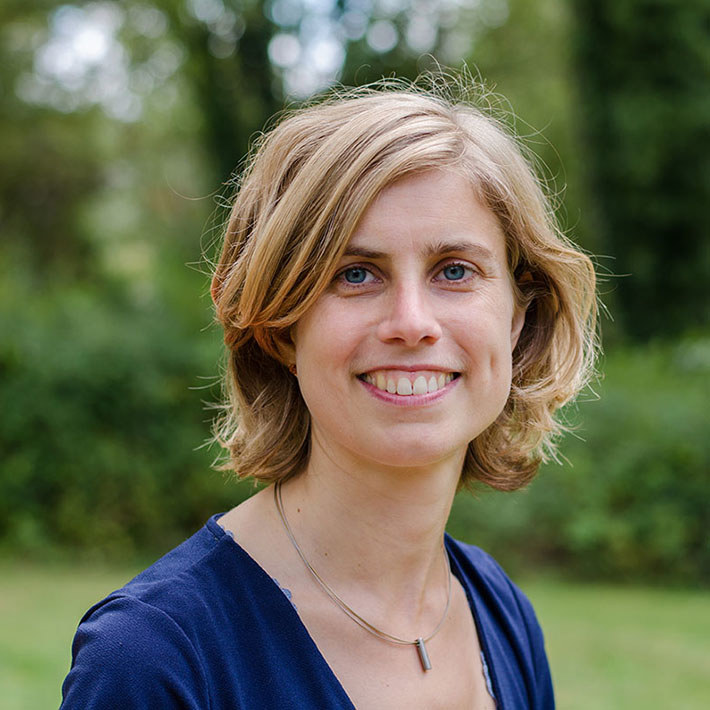Associate Professor
Dr. S.M. (Sylvie) Noordermeer
Area(s) of expertise:
DNA double-strand break repair
DNA double-strand break repair
&width=400&height=400)
Introduction
In 2012 I obtained my PhD from the University of Nijmegen. Funded by fellowships of the Dutch Cancer Foundation and the Canadian excellence in radiation research program, I performed postdoctoral research in the laboratory of prof. D. Durocher at the Lunenfeld-Tanenbaum Research Institute, Toronto. In 2017, I joined the lab of prof. H. van Attikum at the LUMC. My postdoctoral research focussed on the regulation of pathway choice in the repair of DNA double-strand breaks (DSBs) (Orthwein et al., Nature, 2015 and Noordermeer et al., Nature, 2018).
In 2019, I started my research group at the LUMC department of Human Genetics, also holding a position as PI with Oncode Institute. My group studies the regulation of DSB repair and how mutations in key proteins affect cancer biology.
Next to this, I am an enthousiastic teacher. In addition, I am part of the management team of the Medical Genomics research theme. Here, I aim to expand the strong genomics research community within the LUMC.
In 2019, I started my research group at the LUMC department of Human Genetics, also holding a position as PI with Oncode Institute. My group studies the regulation of DSB repair and how mutations in key proteins affect cancer biology.
Next to this, I am an enthousiastic teacher. In addition, I am part of the management team of the Medical Genomics research theme. Here, I aim to expand the strong genomics research community within the LUMC.
Scientific research
DSBs are very cytotoxic lesions and can lead to diseases such as cancer when repaired erroneously. Our cells are equipped with several mechanisms to repair DSBs, showing differences in efficiency and fidelity. Using a variety of systemic approaches (large scale CRISPR and Y2H screens, proteomics) and dedicated molecular biology approaches, we study how the cell regulates its DSB repair and how the repair mechanisms communicate with other cellular processes. Additionally, we study how mutations in the proteins involved affect diseases such as cancer.
Our research fits well with the Medical Genomics and Cancer research themes for innovation. In addition, our lab is part of Oncode Institute, a Dutch initiative to unite fundamental scientists in cancer biology to accelerate translation for improved therapy.
Our research is funded by the Dutch Research Council (NWO), the Dutch cancer foundation (KWF), Oncode Institute and the EU Marie Skłodowska-Curie actions doctoral network Replifate.
Our research fits well with the Medical Genomics and Cancer research themes for innovation. In addition, our lab is part of Oncode Institute, a Dutch initiative to unite fundamental scientists in cancer biology to accelerate translation for improved therapy.
Our research is funded by the Dutch Research Council (NWO), the Dutch cancer foundation (KWF), Oncode Institute and the EU Marie Skłodowska-Curie actions doctoral network Replifate.
